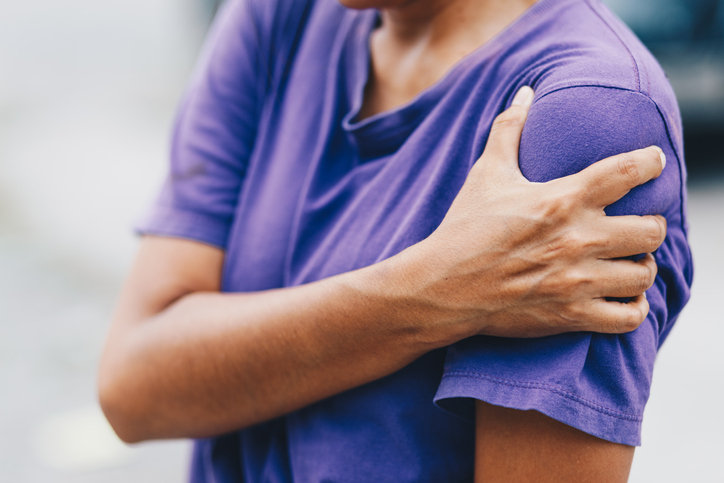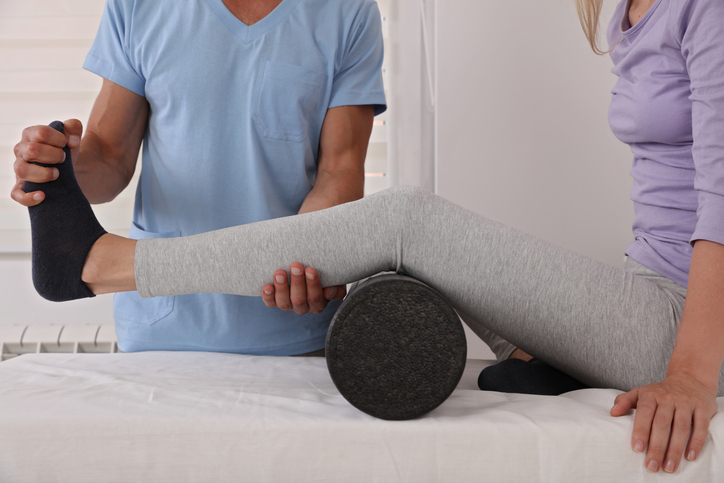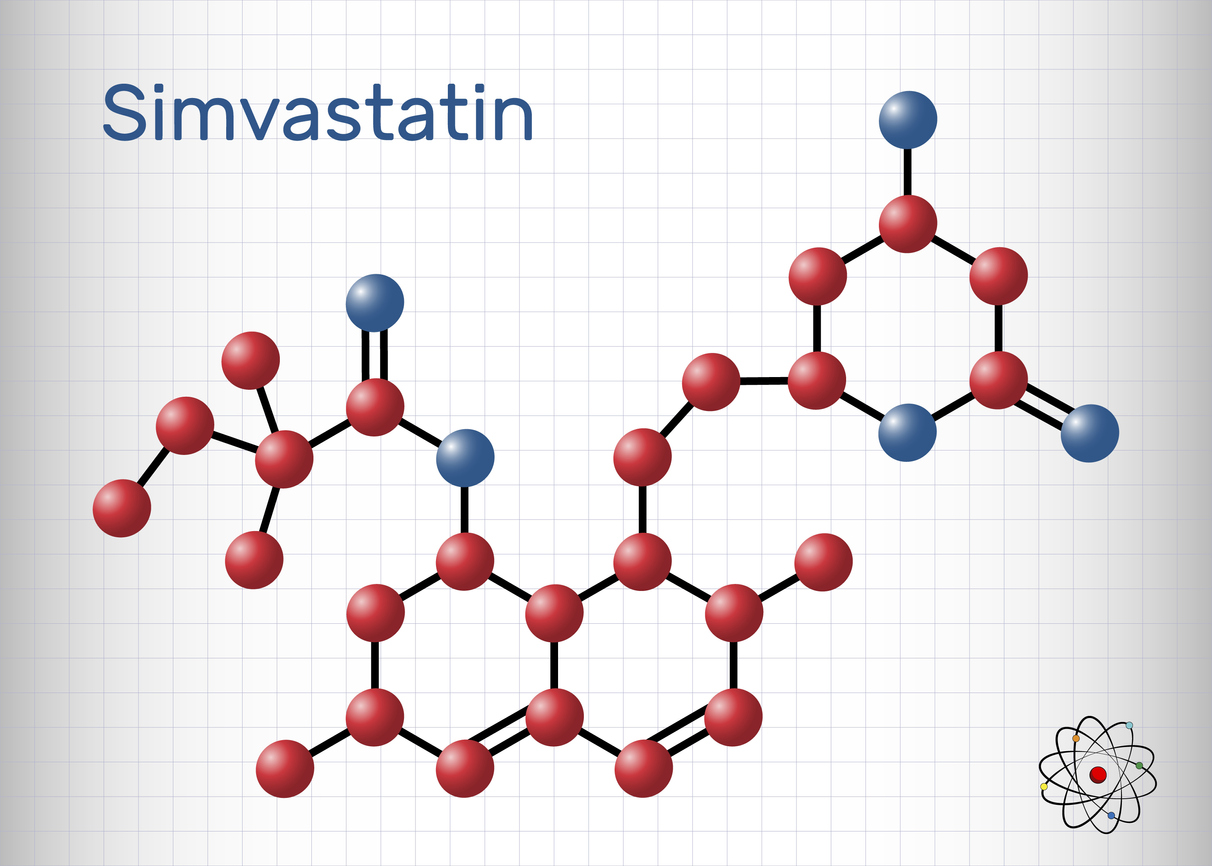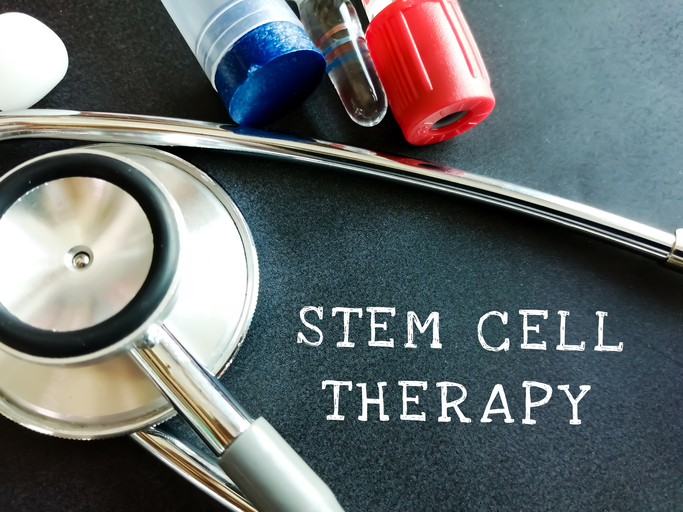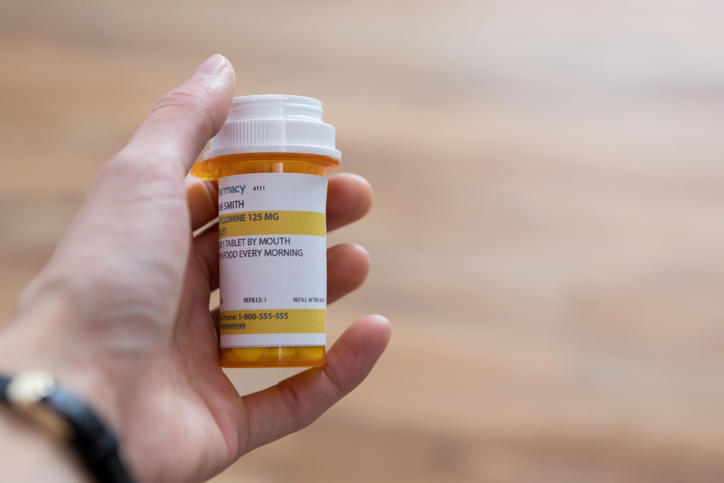Pain
Is Complex Regional Pain Syndrome Curable?

What is complex regional pain syndrome?
Complex regional pain syndrome (CRPS), also called reflex sympathetic dystrophy syndrome (RSDS), is a type of chronic pain condition. It typically occurs after an injury and affects one limb (arm, leg, hand, or foot). The main symptom of CRPS is severe pain in the affected limb that seems disproportionate to the initial injury or medical condition. The pain typically gets worse over time. Although complex regional pain syndrome is not yet completely understood, it is believed that CRPS develops when the central or peripheral nervous system is damaged or malfunctions. It may also be caused by an immune system response.
Is CRPS curable?
Complex regional pain syndrome has traditionally been considered a lifelong condition with no definitive cure. However, recent studies suggest that this may not always be the case. Evidence indicates that with early intervention — treatment within the first 18 months of diagnosis — approximately 80% of individuals with CRPS can achieve significant recovery. One promising development in the early diagnosis and treatment of CRPS is its potential genetic link. A recent small study found that about one-third of CRPS patients had variants in at least one of four genes potentially associated with the condition, whereas the control group had no such variations. Three of these genes are present in immune cells of the peripheral nervous system, and all four are found in macrophages (a type of white blood cell involved in healthy immune responses). These findings suggest that genetic factors may play a role in CRPS and could help in identifying those at risk earlier.
The bottom line
Early diagnosis of CRPS is key, but it is also important to take a multifaceted treatment approach; treatment for CRPS should be addressed from multiple angles. This includes pain medication, psychology, rehabilitation, and patient education. Additionally, some individuals with CRPS have reported benefits from alternative treatments, such as scrambler therapy and ketamine infusions. These treatments may offer relief for those who do not respond to conventional treatment methods.



